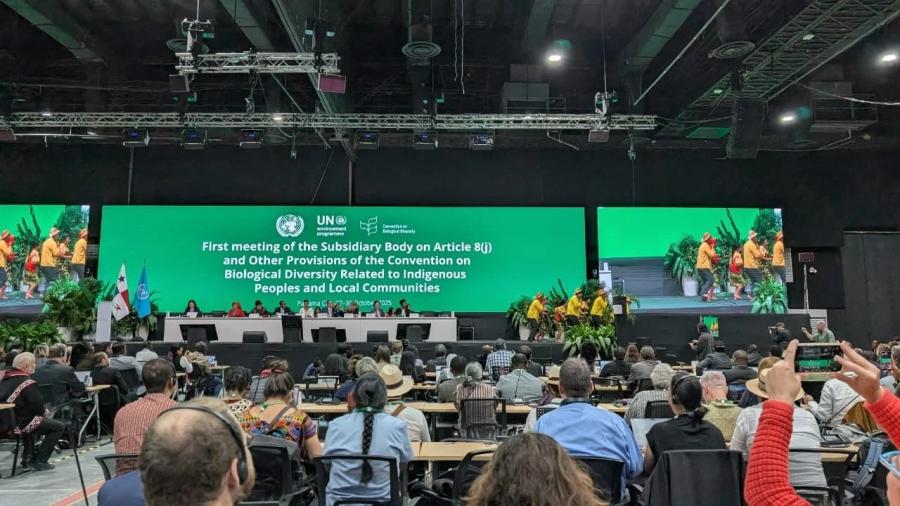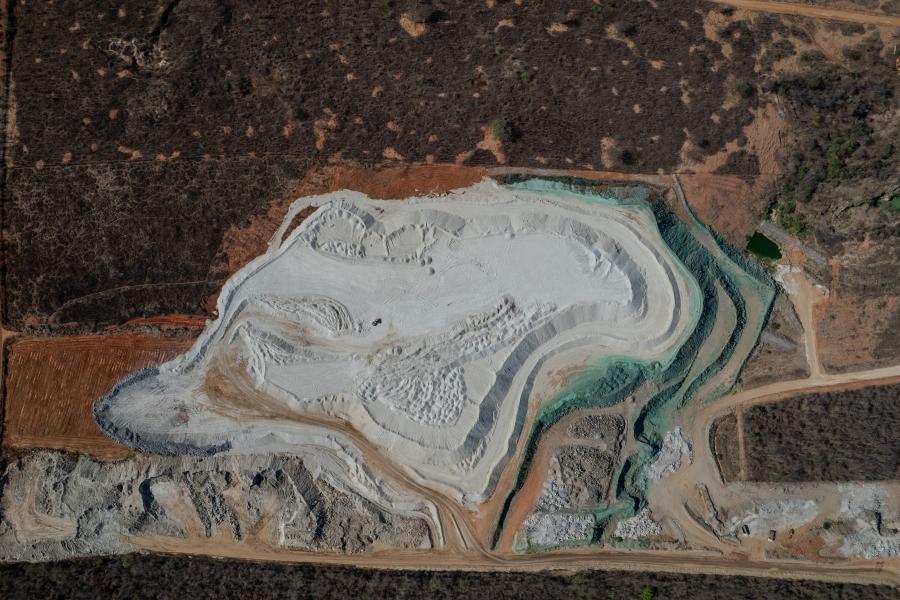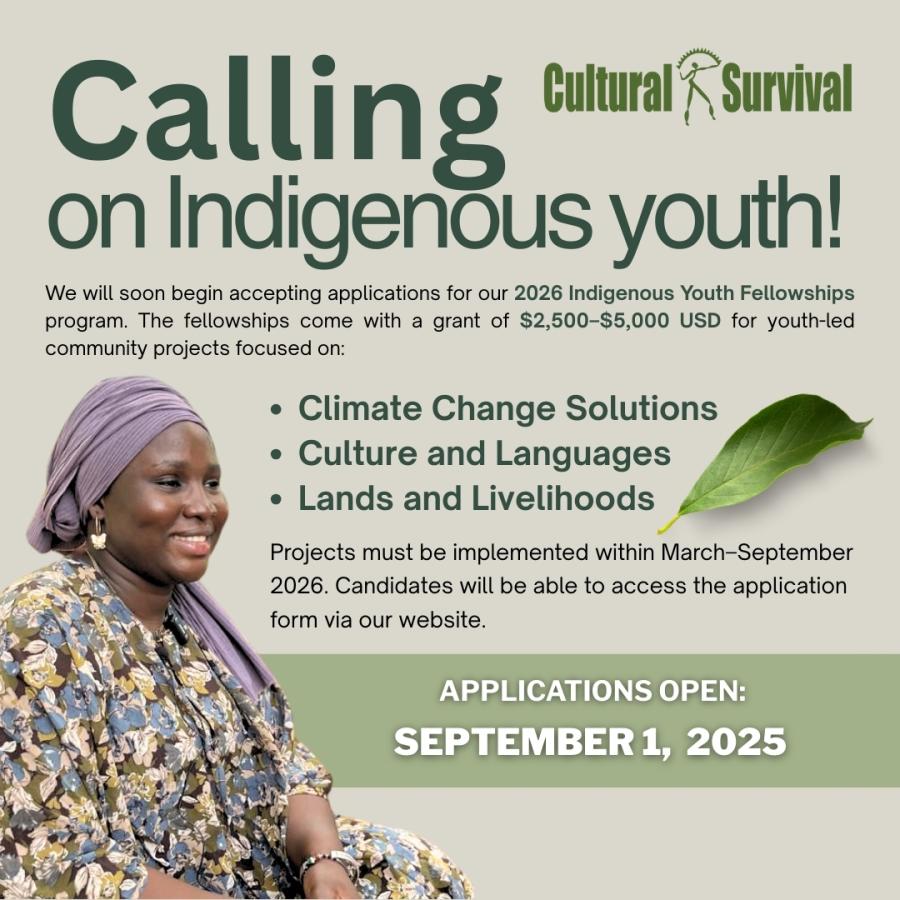
|
Every three seconds, the world loses enough forest to cover a football stadium and over the last century, we have destroyed half of our wetlands. As much as 50 percent of our coral reefs have already been lost and up to 90 percent of coral reefs could be lost by 2050, even if global warming is limited to an increase of 1.5°C. Ecosystem loss is depriving the world of carbon sinks, like forests and peatlands, at a time when humanity can least afford it. Global greenhouse gas emissions have grown for three consecutive years and the planet is suffering from the impacts of climate change. The emergence of COVID-19 has also shown just how disastrous the consequences of ecosystem loss can be. By shrinking the area of natural habitat for animals, we have created ideal conditions for pathogens, including coronaviruses, to spread. With this challenging picture, World Environment Day is focused on ecosystem restoration and its theme for 2021 is “Reimagine. Recreate. Restore.” Cultural Survival speaks to Nelson Ole Reiya from the Nashulai Conservancy in Kenya, who tell us how the Maasai People make soap from elephant dung! |
|||||||||||||||
|
Top photo: Members of the #Indigiwalk To Save The Okavango Delta Team in Cape Town, South Africa.









